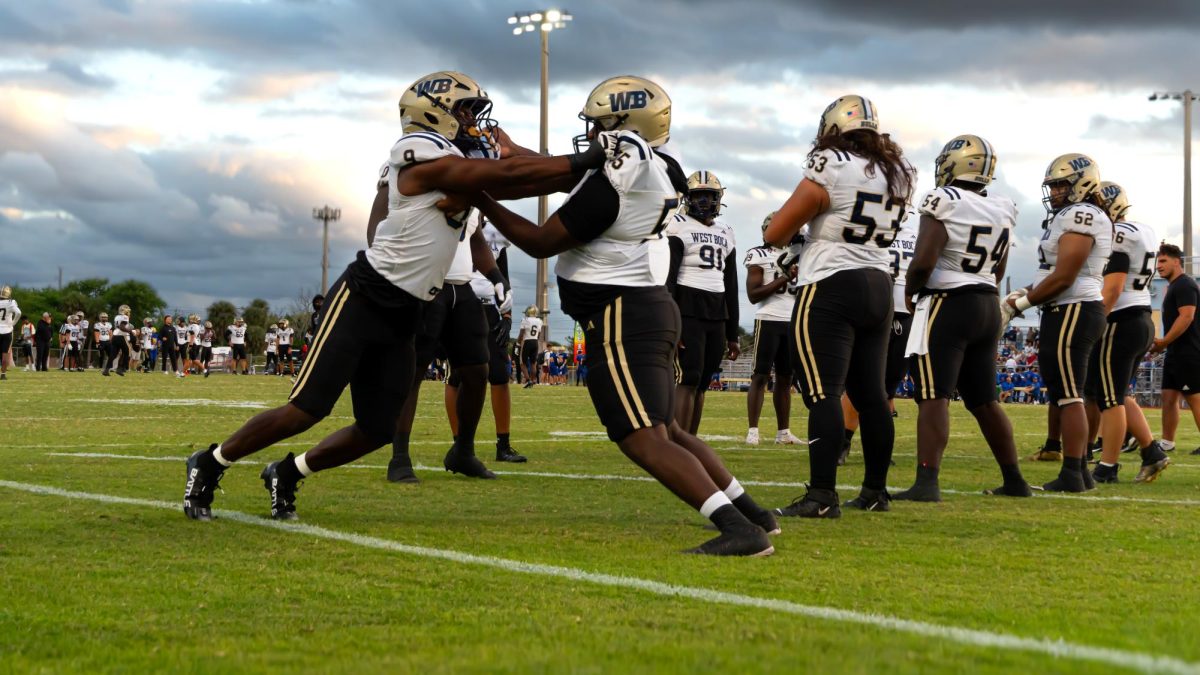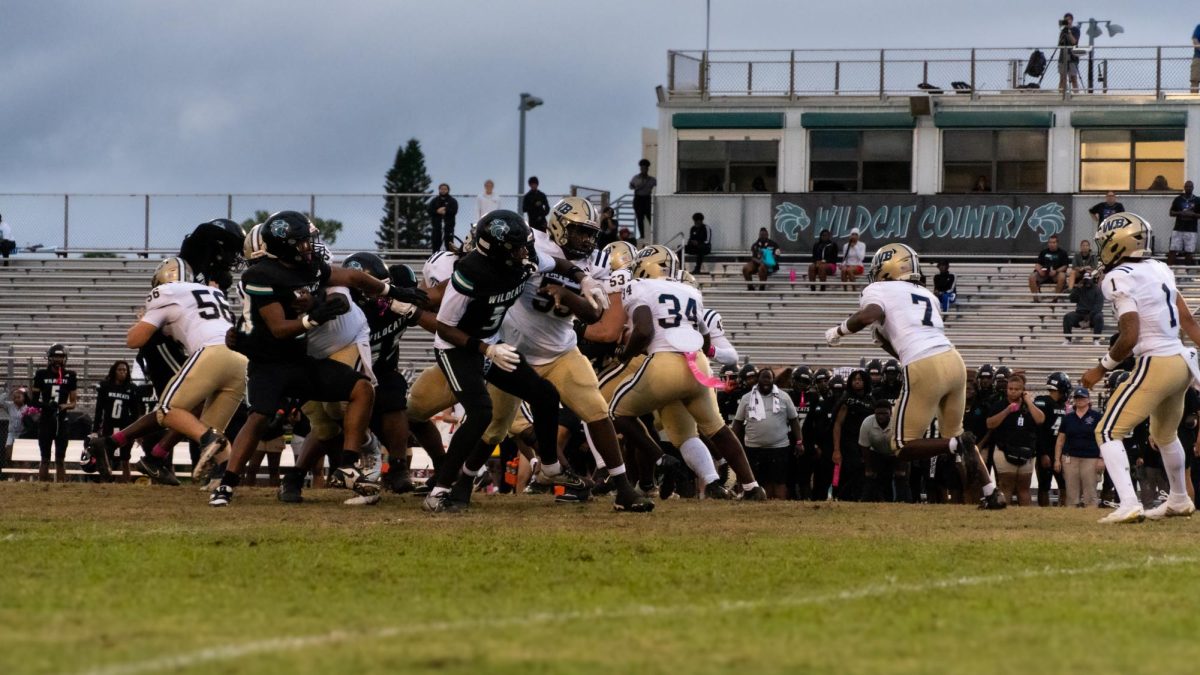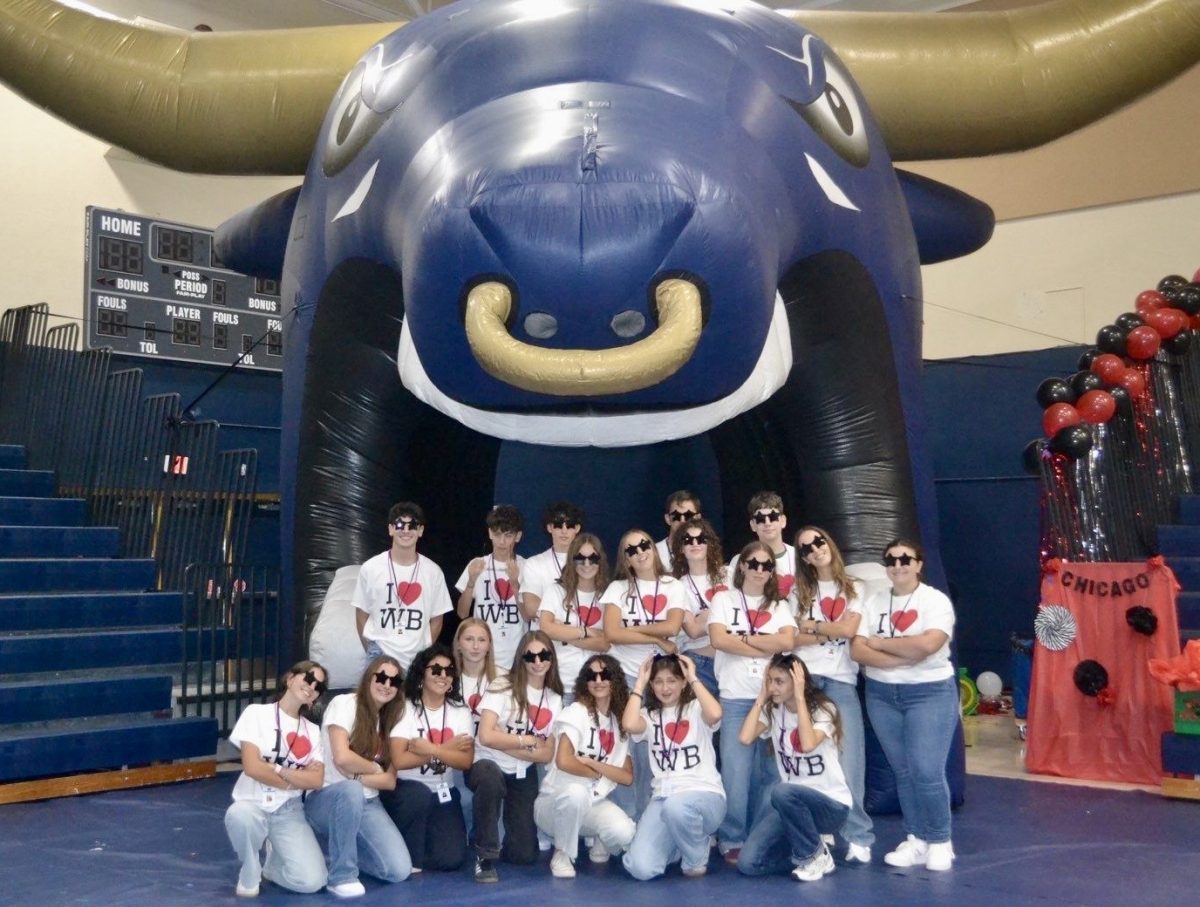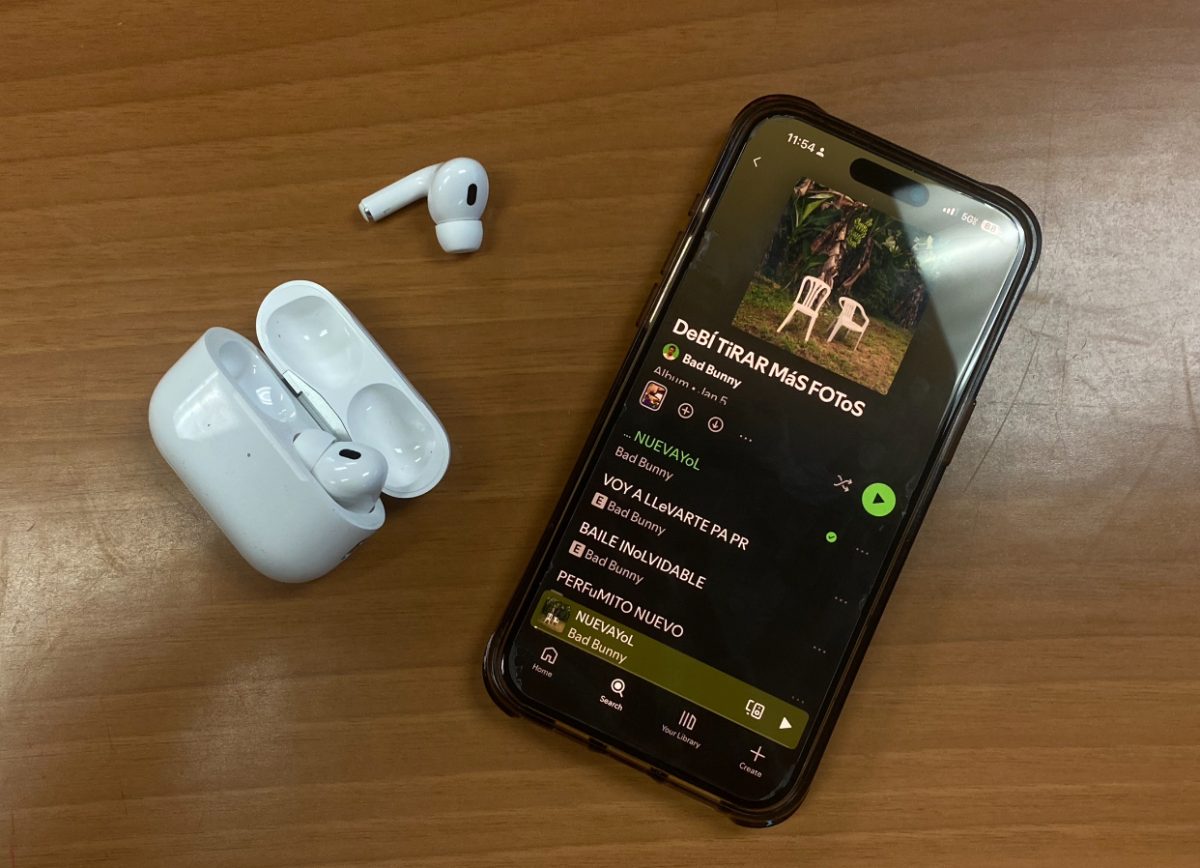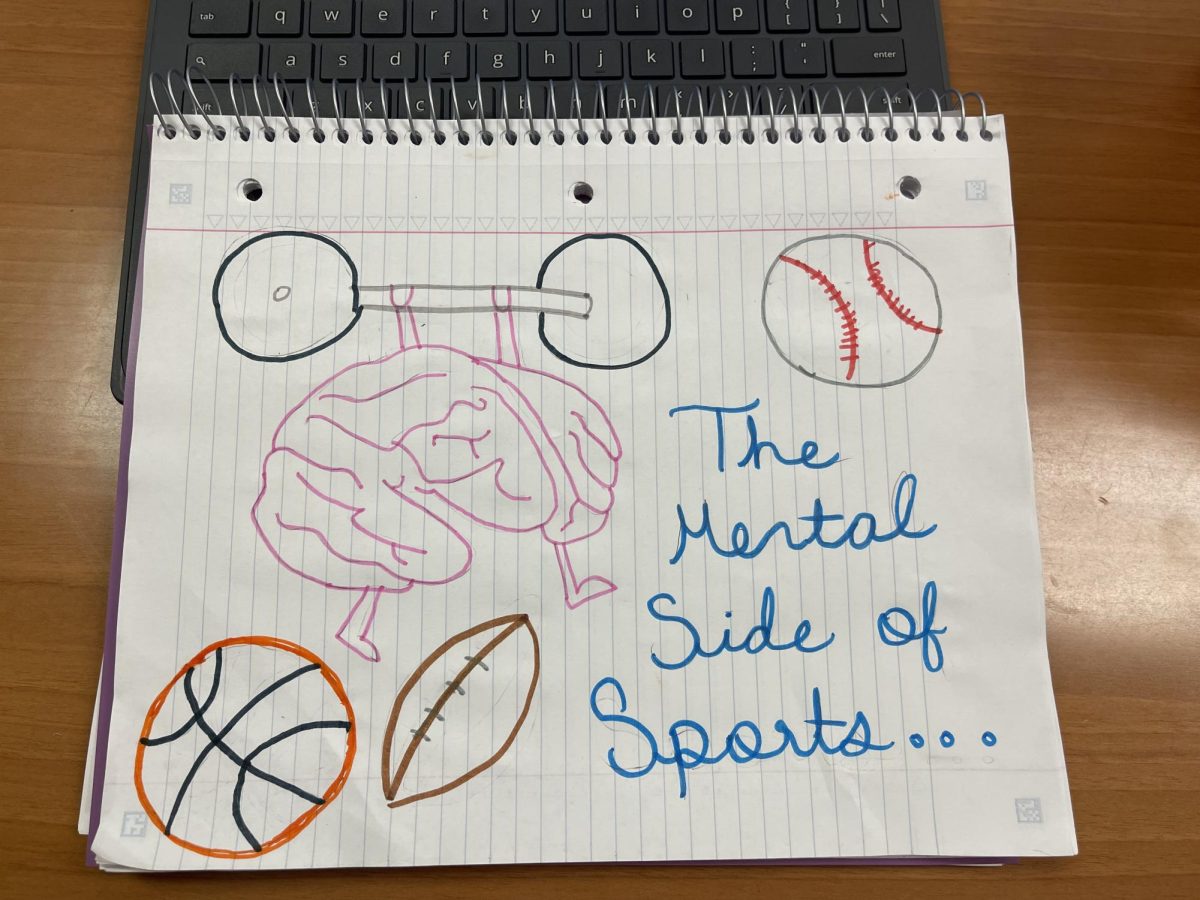Google’s definition of an athlete is “a person who is proficient in sports and other forms of physical exercise.” When people think of athletes, they usually think about the physical aspect required to excel in their respective sports. Although the physical part of being an athlete is extremely important, athletes need a positive mindset and attitude to physically perform well. Without a strong positive mental attitude, their performance can drastically decline.
Many athletes have fallen victim to a negative mindset. For example, in a game they can lose their confidence when they make mistakes, and that leads to overthinking everything they do. So, how do athletes overcome this? There are many ways to spark confidence in an athlete when they are in their head. Teammates can help uplift them and have high energy on the court, field, etc. For example, in volleyball, having high energy can make or break a team and their overall performance. Playing a team that has high energy can make even the best of players/teams get in their heads and start making mistakes. Volleyball is a sport that requires a lot of skill, but it comes down to which team can get in the other team’s head first.
Many athletes have experienced mental blocks. Mental blocks prevent athletes from physically performing at their best. They are caused by different factors, but a few are focusing too much and having weak mental toughness. For example, an athlete that has experienced a mental block on the big stage is Simone Biles.
Simone Biles experienced the “twisties” during the Olympics. The “twisties” are when gymnasts lose air awareness. It’s a mental block that gymnasts face that affects their ability to twist in the air as well as land safely. Biles pulled out of the team and all-around events during the Olympics because she was experiencing the “twisties.”
Women’s Health talked about Biles’ Q&A that she did on her Instagram where she talked about the “twisties.” She said that she “literally can’t tell up from down. It’s the craziest feeling ever. Not having an inch of control over your body.” To overcome the “twisties,” she had to take time off from competitions. Whenever she gets the “twisties,” she goes back to the basics using soft surfaces/pits to prevent injuring herself.
Another example is Naomi Osaka who withdrew from the 2021 French Open due to struggling with mental health and pressure. She took a long break to protect herself, and only recently came back. Osaka revealed that during her time away from tennis, it really raised her love for the sport.
The NCAA Division 1 Championship match for volleyball is a great example of struggling with maintaining a positive mindset. Nebraska and Texas went head to head fighting for the national title. Nebraska won 33 out of 35 games for their 2023 season, and ended up getting swept by Texas (3-0). The Huskers had an amazing season, but broke under pressure during the game that they would win it all.
During the game, Nebraska struggled with their defense and serve/ receive, which they are known for being amazing at, while Texas continued to pressure them. Ultimately, it came down to which team wanted the win more, and it was Texas.
Many athletes also struggle with mental health. Mental health messes with our emotional, psychological wellbeing as people. It affects how we think, feel, and react. An athlete who struggles with mental health is Michael Phelps.
Michael Phelps is an Olympic gold medalist who struggles with depression, anxiety, and suicidal thoughts. In an interview with Healthline, Phelps talks about his “post-Olympic depression” that he had for the first time after the 2004 Olympics. He says, “[You] work so hard for four years to get to that point, and then it’s like you’re…at the top of the mountain, you’re like what the hell am I supposed to do? Where am I supposed to go? Who am I?” He continues to talk about how this feeling of “post-Olympic depression” kept coming back. He only became self-aware of the gravity of this feeling when he received his second DUI.
Phelps said, “I felt like I didn’t want to be alive anymore and I felt for me that I was causing a lot of stress and issues for other people around me, so I thought the best thing for me to do was just leave.” He stayed in his room for many days until he decided to check himself into an in-patient treatment center in 2014. He stayed there for 45 days and continued therapy after. Phelps understood that his anxiety and depression would always be with him, and decided to learn techniques to cope with them.
Mental health issues can cause many underlying problems for athletes when it comes to performing. Some of the problems athletes face include:
- Loss of motivation
- Lack of focus
- Poor achievement
- Sports injuries (in some cases)
Although there are many negative sides of playing sports, there are ways to maintain a positive mindset that helps athletes succeed. On the Benjamin Bonetti website, they gave a few strategies on how to have a positive mental attitude. The strategies are as follows:
- Practice positive self-talk
- Visualize success
- Set realistic goals
- Embrace challenges
- Stay present and mindful
They also talk about some positive impacts of athletes’ having a positive mindset, which include:
- Improved Confidence
- Increased Motivation
- Enhanced Focus
- Greater Resilience
- Improved Team
Overall, the mental side of sports is something that every athlete struggles with. Although it’s not something we can escape, it is something that can be resolved. There are many strategies and resources that can be utilized to get an athlete back on track. With those resources, they can bounce back better than ever!











